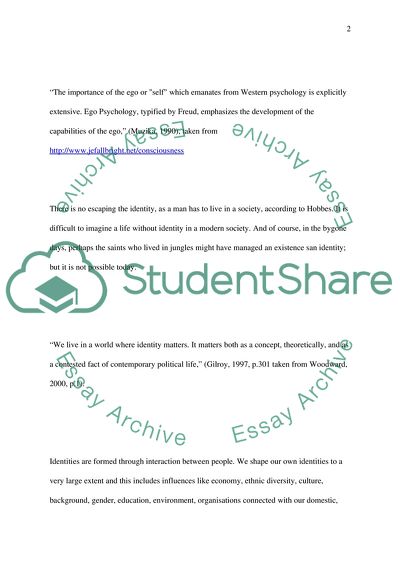Cite this document
(“The psychological concepts of ego Essay Example | Topics and Well Written Essays - 2000 words”, n.d.)
Retrieved from https://studentshare.org/psychology/1521162-the-psychological-concepts-of-ego
Retrieved from https://studentshare.org/psychology/1521162-the-psychological-concepts-of-ego
(The Psychological Concepts of Ego Essay Example | Topics and Well Written Essays - 2000 Words)
https://studentshare.org/psychology/1521162-the-psychological-concepts-of-ego.
https://studentshare.org/psychology/1521162-the-psychological-concepts-of-ego.
“The Psychological Concepts of Ego Essay Example | Topics and Well Written Essays - 2000 Words”, n.d. https://studentshare.org/psychology/1521162-the-psychological-concepts-of-ego.


